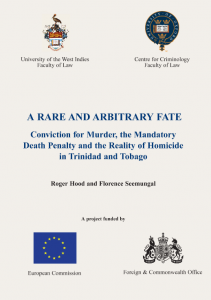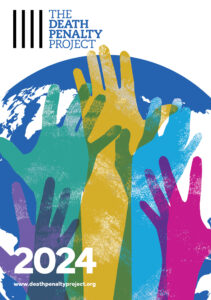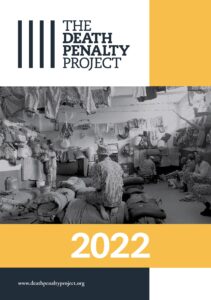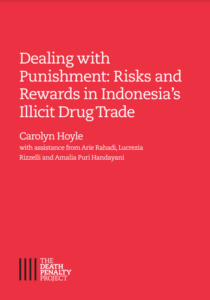A Rare and Arbitrary Fate (2006)
- Reports and Studies
- 23 May 2006
In 2003, the Death Penalty Project obtained funding from the European Commission and the Global Opportunities Fund of the Foreign & Commonwealth Office and commissioned Professor Roger Hood, Professor Emeritus of Criminology at Oxford University and Emeritus Fellow of All Souls’ College Oxford, and Dr Florence Seemungal, a Trinidadian researcher who was a visiting Scholar at the Centre for Criminology in Oxford, to conduct a statistical study of recorded murders and persons indicted for murder in the Republic of Trinidad & Tobago in 1998-2002. The research was carried out under the auspices of the Faculty of Law, University of the West Indies, and the Centre for Criminology, University of Oxford.
The purpose of the study was to provide for the first time an analysis of the kinds of murder that were recorded in Trinidad and Tobago in these years and the extent to which they resulted in a conviction for murder and a mandatory death sentence.
Trinidad and Tobago is one of only a few countries in the world where the sentence for all types of murder, whatever the circumstances, is death. The report found that the certainty of conviction for murder was so low, even among those successfully indicted for murder, that a mandatory death penalty cannot be an effective deterrent to murder.
The study further revealed that there was a great deal of arbitrariness affecting which defendants were convicted of murder and sentenced to death. This meant that a mandatory death sentence was being applied inequitably, without consideration of the differences between murders and the persons convicted of them, and by no means always for the “worst of the worst” cases.
The fact that it was so hard to obtain convictions for murder in Trinidad and Tobago may in part be due to the reluctance of witnesses, prosecutors and juries to see persons convicted of murder where there is no flexibility available in the sentence imposed. Thus, the existence of a mandatory death penalty may itself have been one of the factors affecting the ability of the system to secure convictions for murder. The report has been critical in raising awareness of the existence of the mandatory death penalty in Trinidad and Tobago.





